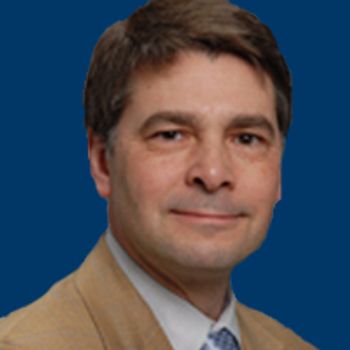
Adding a formulation of the Coxsackievirus A21 (CAVATAK®) to ipilimumab (Yervoy) yielded an overall response rate of 50% and was well-tolerated in immunotherapy-naïve and pretreated patients with advanced melanoma.

Your AI-Trained Oncology Knowledge Connection!


Adding a formulation of the Coxsackievirus A21 (CAVATAK®) to ipilimumab (Yervoy) yielded an overall response rate of 50% and was well-tolerated in immunotherapy-naïve and pretreated patients with advanced melanoma.
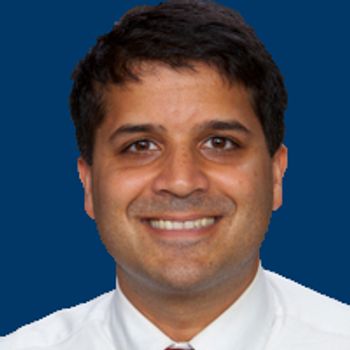
A phase II basket trial has been announced to test that mutations in isocitrate dehydrogenase 1 and 2 are not driver mutations that should be targeted with direct IDH inhibitors, but instead they create vulnerabilities that can be exploited through treatment with PARP inhibitors.
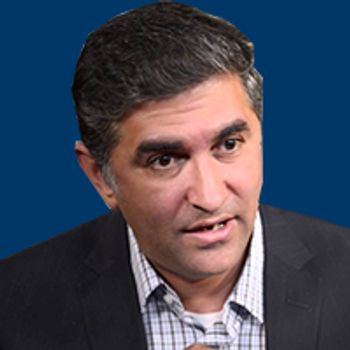
Treatment with the RAF dimer inhibitor BGB-283 led to clinical benefit for patients with BRAF V600-mutated melanoma, papillary thyroid cancer, and ovarian cancer.
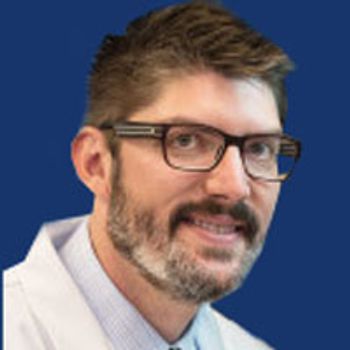
Results of a phase II trial showed that more than 80% of patients with refractory non-Hodgkin lymphoma achieved objective responses to treatment with the chimeric antigen receptor (CAR) T-cell therapy axicabtagene ciloleucel.
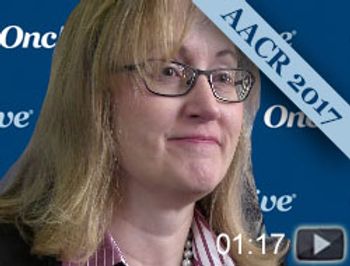
Julie R. Brahmer, MD, associate professor of Oncology, Bloomberg Kimmel Institute for Cancer Immunotherapy at Johns Hopkins, discusses 5-year follow-up data from the CA209-003 study of nivolumab in previously treated advanced non-small cell lung cancer (NSCLC).
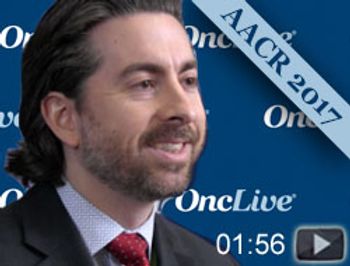
Jason J. Luke, MD, assistant professor of Medicine, The University of Chicago Medicine, discusses the controversy surrounding the combination of nivolumab (Opdivo) and ipilimumab (Yervoy) in treatment-naïve patients with advanced melanoma, which was explored in the CheckMate-067 trial, during the AACR Annual Meeting.
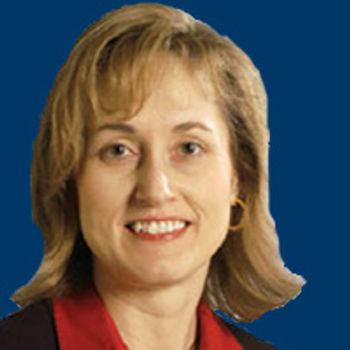
Long-term survival in patients with metastatic non–small cell lung cancer who received the immune checkpoint inhibitor nivolumab (Opdivo) has proven to be much higher than expected, with 16% of these patients surviving after 5 years, equivalent to about 4 times what would be expected with chemotherapy.
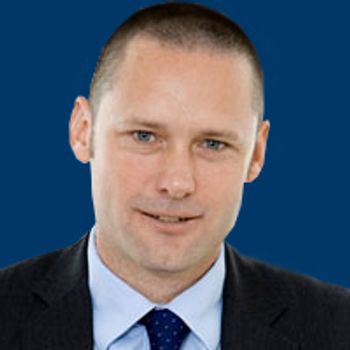
The PD-1 and CTLA-4 inhibitor combination of nivolumab (Opdivo) and ipilimumab (Yervoy) was associated with a 12% reduction in the risk of death versus nivolumab monotherapy in patients with treatment-naïve advanced melanoma.
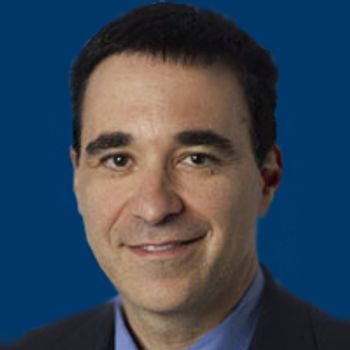
Treatment with the PD-L1 inhibitor avelumab induced an objective response rate of 33% in patients with advanced Merkel cell carcinoma in the phase II JAVELIN Merkel 200 study, including 2 additional complete responses since the primary analysis.
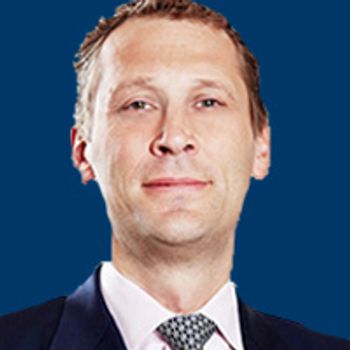
According to results presented at the 2017 AACR Annual Meeting, 10% of patients showed impressive long-term survival in a phase I study of single agent anti-PD-L1 atezolizumab (Tecentriq) in patients with metastatic triple-negative breast cancer.
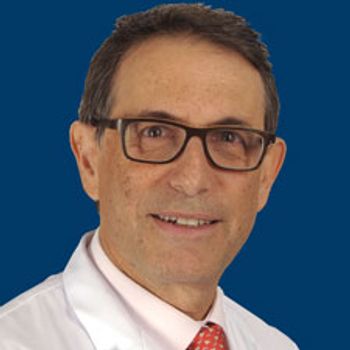
Tumor treating fields reduced the risk of death by 37% and overall survival was extended by a median of 5 months for patients with glioblastoma multiforme, in a landmark analysis of the EF-14 trial.
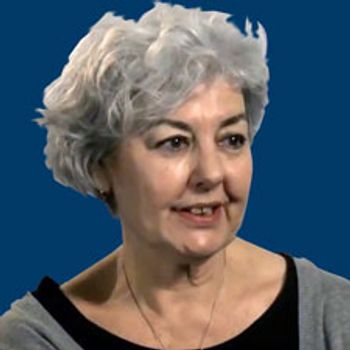
A dual attack on HER2 expression resulted in a 30% objective response rate in heavily pretreated patients with HER2-positive metastatic colorectal cancer.
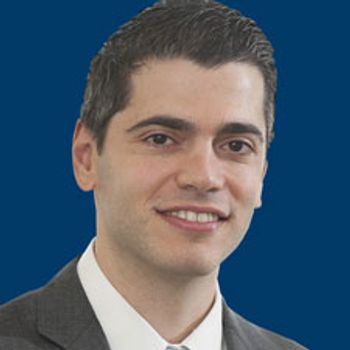
The irreversible pan-HER tyrosine kinase inhibitor neratinib showed single-agent activity across cohorts of patients with HER2-mutant advanced cancers.
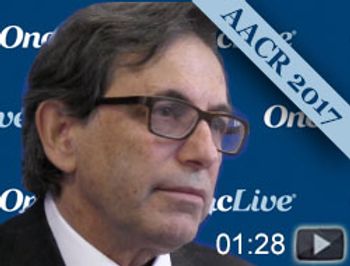
Roger Stupp, MD, professor, Neurological Surgery, and associate director, Strategic Initiatives, Robert H. Lurie Comprehensive Cancer Center, Northwestern University, discusses final results of a randomized, multi-center, phase III trial investigating tumor treating fields (TTFields) added to standard chemotherapy in newly diagnosed glioblastoma during the AACR Annual Meeting.
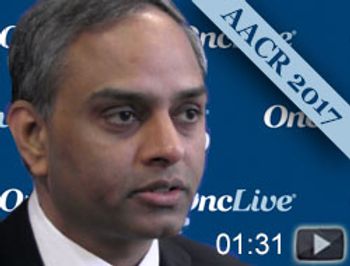
Sattva S. Neelapu, MD, associate professor, The University of Texas MD Anderson Cancer Center, discusses primary results of the ZUMA-1 trial investigating axicabtagene ciloleucel (KTE-C19) in patients with refractory aggressive non-Hodgkin lymphoma.
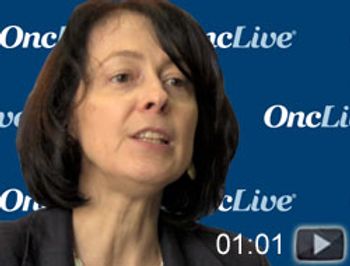
Sandra Demaria, MD, assistant professor of Radiation Oncology, (Interim), Radiation Oncology, Weill Cornell Medical College and New-York Presbyterian, discusses the synergy with radiation therapy and immunotherapy as a potential combination regimen for patients with cancer.
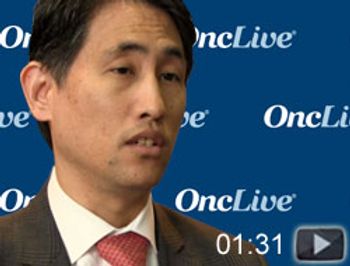
Scott T. Tagawa, MD, MS, assistant professor of Medicine, medical director, Genitourinary Oncology Research Program, assistant attending physician, New York-Presbyterian Hospital, discusses the antibody-drug conjugate IMMU-132 for the treatment of patients with metastatic platinum-resistant urothelial cancer.
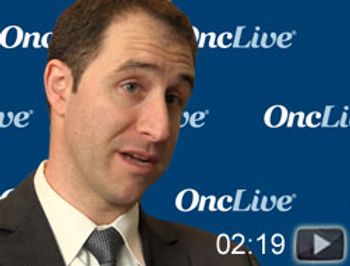
Christopher E. Barbieri, MD, PhD, surgeon, researcher in prostate cancer genomics, Sandra and Edward Meyer Cancer Center at Weill Cornell Medicine and New-York Presbyterian, discusses the implications of SPOP mutations in patients with prostate cancer.
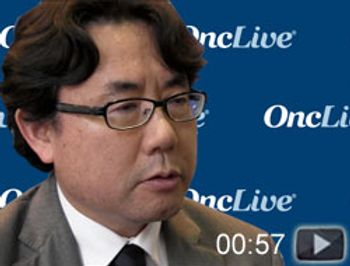
Yasuhiro Funahashi, MD, senior director, Eisai, discusses a study exploring the enhanced antitumor activity with the combination of lenvatinib (Lenvima) and everolimus (Afinitor) in patients with renal cell carcinoma (RCC).
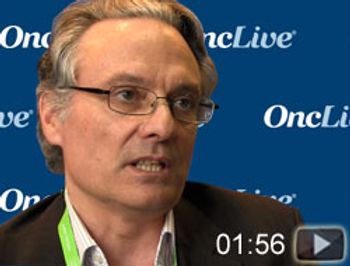
Roberto Pili, MD, professor of Medicine and Robert Wallace Miller Professor of Oncology at Indiana University School of Medicine and a researcher at the Indiana University Melvin and Bren Simon Cancer Center, discusses the significance of the preliminary results of a phase I/II study, which examined the combination of the HDAC inhibitor entinostat and high-dose interleukin-2 (IL-2) in patients with previously untreated metastatic renal cell carcinoma (RCC) of clear cell histology.
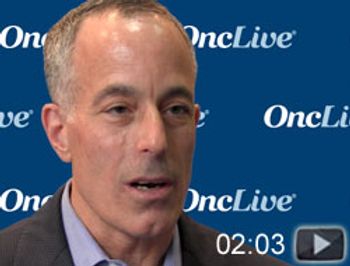
Stuart Lutzker, MD, PhD, vice president of BioOncology Exploratory Clinical Development, Genentech, discusses results of the first-in-human study of OX40 agonist in patients with refractory solid tumors.
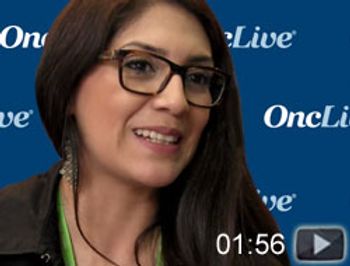
Julia R. Mendoza-Perez, PhD, visiting scientist, Epidemiology, The University of Texas MD Anderson Cancer Center, discusses next steps and research regarding obesity-related genes in patients with renal cell carcinoma (RCC).
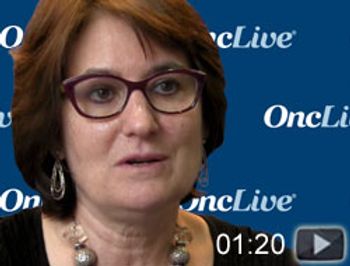
Melissa L. Bondy, PhD, MS, Duncan Cancer Center-Bondy Cancer Prevention and Population Sciences, Baylor College of Medicine, discusses future treatment approaches for patients with glioma.
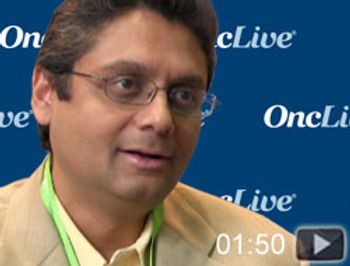
Manish A. Shah, MD, associate professor of Medicine, Joan and Sanford I. Weill Department of Medicine, Bartlett Family Associate Professor in Gastrointestinal Oncology, medical oncologist, Weill Cornell Medicine and New-York Presbyterian Hospital, discusses the phase IIIb HELOISE trial, which compared 2 dose regimens of trastuzumab combined with chemotherapy as a first-line treatment for patients with HER2-positive metastatic gastric/gastroesophageal junction adenocarcinoma (mGC/GEJC).
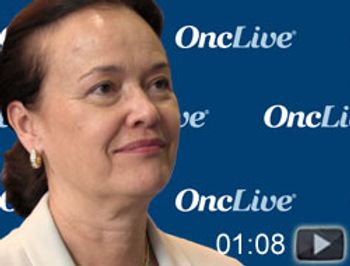
Martine J. Piccart, MD, PhD, professor of Oncology, Université Libre de Bruxelles, director of Medicine, Jules Bordet Institute, Brussels, Belgium, discusses the primary analysis of the prospective randomized MINDACT study, which evaluated the clinical utility of the 70-gene signature (MammaPrint) combined with common clinical-pathological criteria for selection of patients for adjuvant chemotherapy in breast cancer with 0 to 3 positive nodes.
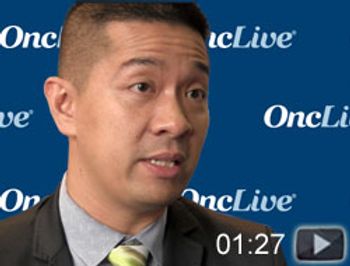
Alexander Drilon, MD, medical oncologist, Memorial Sloan Kettering Cancer Center, discusses two studies investigating entrectinib in patients with advanced solid tumors.
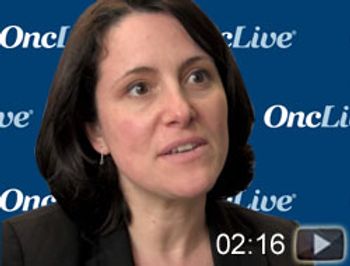
Monica Arnedos, MD, assistant professor, Department of Medical Oncology, Institut de Cancérologie Gustave Roussy, discusses the Preoperative Palbociclib (POP) Randomized Trial for early-stage breast cancer.
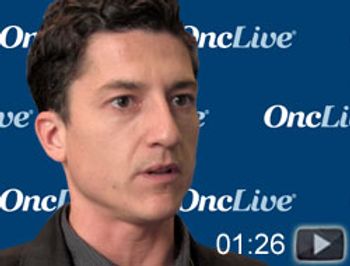
Alexander Ring, MD, graduate student, University of Southern California, discusses a study investigating the molecular profiling of circulating tumor cells (CTCs) as a surrogate for distant metastasis in patients with stage IV breast cancer.
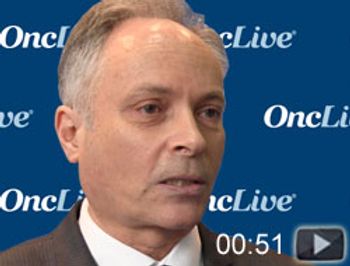
Jake Micallef, PhD, chief scientific officer, VolitionRX, discusses a study that examined the efficacy of the NuQ biomarker assay as a detection tool for early-stage prostate cancer.
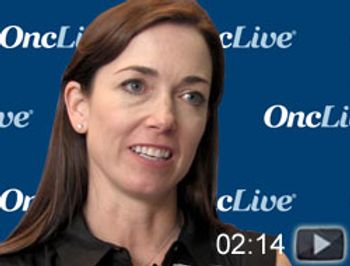
Sara Hurvitz, MD, medical oncologist, General Internal Medicine, Hematology and Oncology at UCLA, discusses neoadjuvant treatment options for patients with HER2-positive breast cancer.